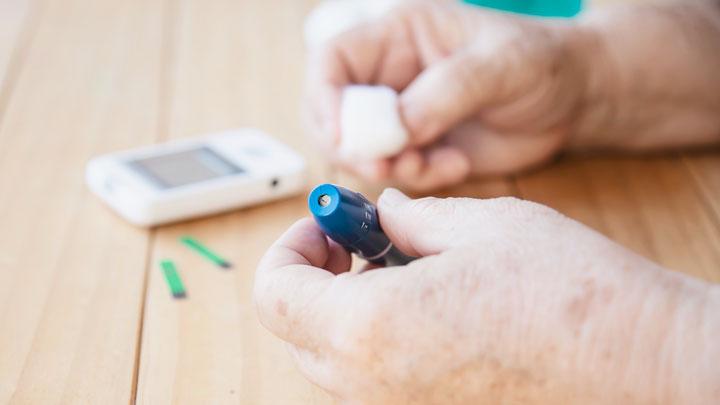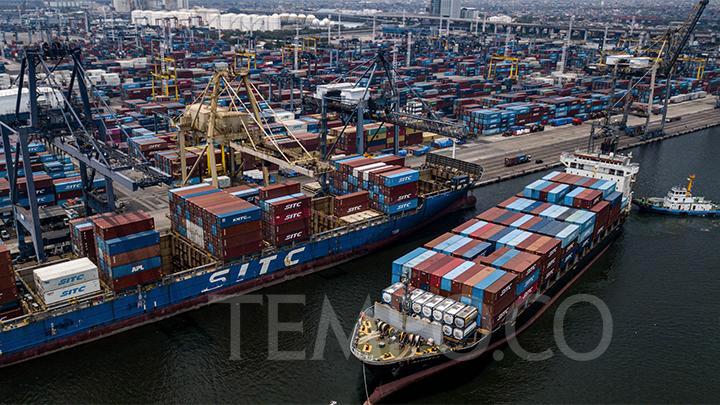Engineered Cells and Bacteria Offer Hope for Diabetes, Arthritis
Translator
Editor
7 September 2024 15:00 WIB

By: Jugal Das, Shiv Nadar University, Aryashree Arunima, Texas A&M University, and Shrijita Banerjee, Shiv Nadar University in Greater Noida.
Therapy combining a type of engineered blood cells and bacteria that modify the gut microbiome offers promise for managing autoimmune diseases.
Blame it on lifestyles, genetic predispositions, and changes in our environment: autoimmune diseases such as type 1 diabetes, rheumatoid arthritis, lupus and multiple sclerosis are emerging as a significant public health challenge.
Estimates suggest that a staggering 18 percent of Delhi’s 33 million people are likely to develop some form of autoimmune disease.
Around three to eight percent of people globally are living with an autoimmune disease — although this number is higher in countries such as the UK and seems to be rising in many parts of the world, underlining the widespread nature and threat of these diseases.
There is no cure for any autoimmune disease and therapy options can be limited, so researchers are turning to novel approaches to find new ways to treat them.
Engineered bacteria
One such approach involves engineering a type of white blood cell called regulatory T cells and integrating this with modifications to the gut microbiome using engineered bacteria.
The gut microbiome — the collection of microorganisms that live in the human intestines, including bacteria, viruses, fungi, and protozoa — may be a critical factor predisposing individuals to inflammatory disorders.
Our body harbors millions of immune cells that act as sentinels against daily challenges such as microbes and foreign substances and protect us by eliminating these foreign invaders.
Often, these immune cells can go rogue and start attacking the body’s own cells and tissues, mistaking them for threats. This is called an autoimmune disease.
Treating autoimmune diseases is extremely challenging because a fragile balance has to be maintained. Medicines that weaken the immune system too much would leave the body open to attacks by bacteria, viruses, and other pathogens.
A new approach
The body has a kind of white blood cells called T cells which protect it against infections and cancers.
There are broadly two types of T cells — one that fights infection and cancer, and another that reduces the cytotoxic or cell-killing activity of the “fighter” T cells once the infection or other triggers subside.
The latter kind of T cells are called regulatory T cells. These are important for controlling autoimmune diseases such as type 1 diabetes by protecting the organs such as the pancreas from damage caused by rogue hyperactive cell-killing T cells.
Regulatory T cells are crucial in regulating the body’s immune response. Their ability to suppress the immune system can be a potent tool to treat chronic inflammatory autoimmune disease.
Restoration of these regulatory T cells in autoimmune diseases has proved beneficial in reducing disease severity in preclinical animal models but has seen limited success in humans.
One reason for their lack of efficacy has been poor targeting. Only a small portion of these cells target the organ under attack by the rogue cells.
To aim these cells at the target organs, they can be engineered to recognize specific antigens or signature molecules that are expressed in the organs under disease conditions.
For instance, molecules of insulin B chain 10–23 peptides are found in large quantities in the pancreas with type-1 diabetes. Regulatory T cells have been engineered to target this specific antigen, with much greater efficacy than their normal counterparts.
Engineering these antigen-specific regulatory T cells in a lab and then transferring such engineered cells into a patient’s body to treat autoimmune diseases such as diabetes is an exciting possibility.























